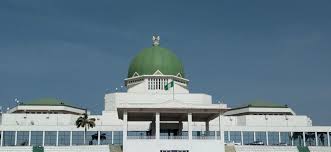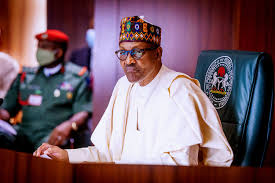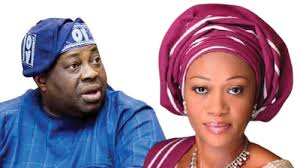Nigeria’s next general elections could take place six months earlier than usual, as the National Assembly has proposed shifting the polls to November 2026.
The proposal is included in the Electoral Act (Amendment) Bill 2025, presented on Monday at a joint public hearing by the Senate and House Committees on Electoral Matters in Abuja. The bill seeks to repeal and replace the Electoral Act 2022, introducing a series of reforms aimed at strengthening Nigeria’s electoral process.
According to the draft bill:
“Elections into the office of the President and Governor of a State shall be held not later than 185 days before the expiration of the term of office of the last holder of the office.”
Lawmakers explained that moving the election date will ensure that all legal disputes and petitions are resolved before the May 29, 2027 handover.
“The above provisions are to ensure that all litigations are concluded before swearing in,” the document stated.
However, some legislators raised concerns about whether simply changing the date would be enough. They argued that unless the judiciary is strengthened to handle electoral cases efficiently, disputes could still delay the transition process.
“In a situation where a rerun is ordered by the Supreme Court at the end of 185 days, can we have a vacancy in the office of the President?” the joint committee questioned.
If approved, the amendment would move Nigeria’s presidential and governorship elections to November 2026, ahead of the current administration’s scheduled end of tenure in May 2027.
Key Electoral Reforms Proposed
The amendment bill introduces several major changes, including:
- Inmate voting rights
- Early diaspora voting
- Use of National Identification Number (NIN) for voter registration
- Mandatory electronic transmission of results
- Making the PVC optional, as the BVAS system no longer depends on the PVC microchip Voters will instead be able to download and print their voter cards digitally.
This move aims to curb voter card trading and make voter verification fully electronic.
Party Primaries and Candidate Nomination
Political parties will now be required to submit their list of candidates no later than 210 days before the election. Only candidates who emerge from validly conducted primaries will be recognized.
In addition, the new law allows candidates from rival parties to challenge the nomination processes of others — a significant shift from the current structure.
Jurisdiction over pre-election matters will also be limited to the Federal High Court in Abuja or the location where the cause of action occurred, in a bid to streamline legal proceedings.
Constitutional Amendment Underway
The National Assembly is also considering an amendment to the 1999 Constitution to shift the power to determine election timelines from the Constitution to the Electoral Act. This would allow greater flexibility in adjusting election dates in the future without requiring a constitutional review.
Next Steps
Leaders of both the Senate and House have promised transparency and stakeholder engagement throughout the reform process. Once the bill passes both chambers and is signed into law by President Bola Ahmed Tinubu, the Independent National Electoral Commission (INEC) will be tasked with adjusting its election timetable — setting the stage for Nigeria’s earliest general elections in recent history.




